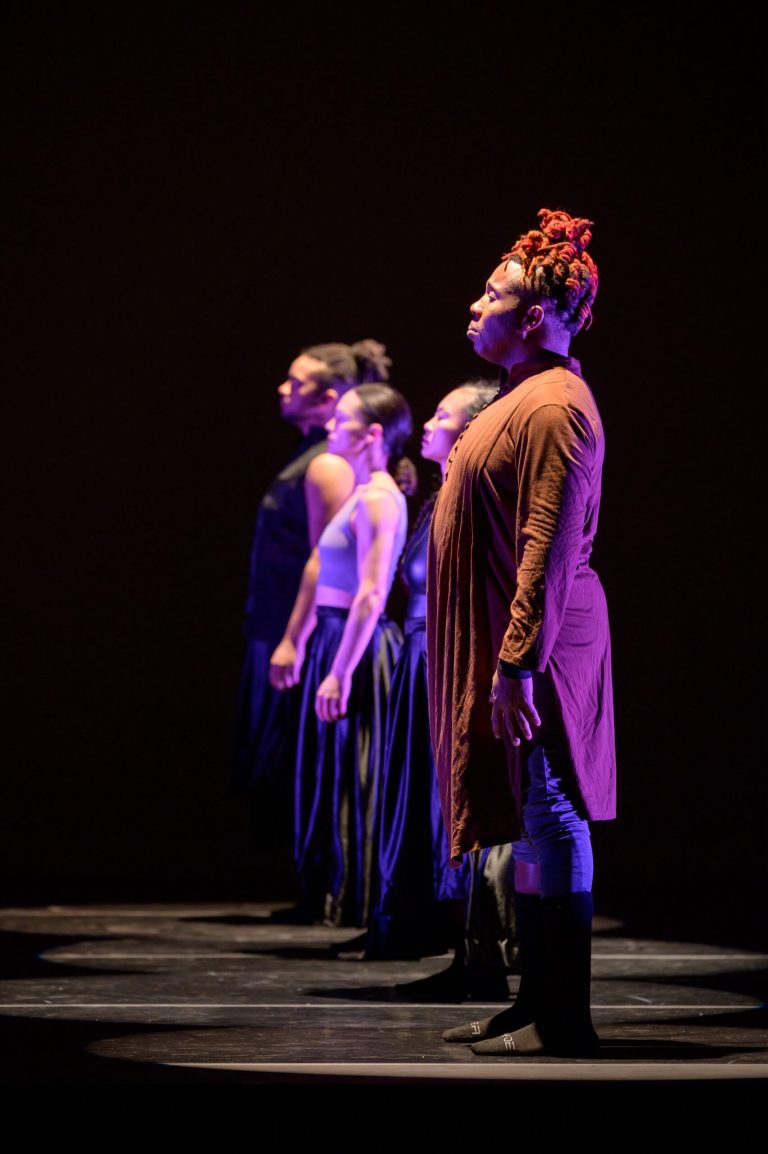Jack P. Carroll ’24
Garrett Kirk ’24
News Editors
Vice President for Student Success and Enrollment Management Joe DiChristina released aggregate data on the number of Student Integrity Contract and Student Handbook violations in an email addressed to the Trinity Campus Community on Wednesday, Feb. 24. Each of the recorded violations–which span from the fall 2016 through spring 2020 semesters–are paired with the associated consequences that students had previously received when found in violation of college regulations.
In the email, DiChristina wrote that a “disciplinary decision may be made to remove a student from campus when that individual’s behaviors or patterns of conduct significantly violate Trinity’s standards.” DiChristina further noted that “although the temporary or permanent removal of a person might not feel as though it is connected to the learning process, it is, at times, an important step in ensuring a vibrant and healthy community for all to learn.”
Each of the recorded violations were grouped into one of the following three categories: (1) Violations of the Social Code, (2) Violations of the Intellectual Honesty Policy, and (3) Violations of the Policy on Sexual Misconduct (now known as the Interim Policy on Sexual Harassment). All expulsions and suspensions within each of the previous categories permanently appear on a student’s transcript; censure notations can appear either permanently or temporarily on a student’s transcript.
With regards to violations of the Social Code, DiChristina reported that two students were expelled and permanently banned from campus: one student was removed for physical assault and a second for “discriminatory and harassing behavior in violation of College policy.” Also, 8 students were suspended for one or two semesters for similar offenses: six for physical assault and two for discriminatory or harassing behavior. In addition, 19 students were censured for “acts of disorderly conduct, verbally aggressive language, use of harassing language, or arrests by law enforcement.” DiChristina further noted that, on average, 98 students per year were given a residential sanction for violating the alcohol policy as well as 68 students per year for violating the drug policy.
Regarding violations of the Intellectual Honesty Policy, 16 students were suspended for violations including “plagiarism, possession of unauthorized materials, and unauthorized collaboration with peers.” Some of these incidents included “repeat offenders” and the suspensions covered “one to four semesters.” Ten students were censured and 91 students were counseled pursuant to the “First Violation Resolution Process” which was first introduced as a disciplinary measure in the fall of 2016. Because the data is aggregate data, it is unclear whether the switch to remote learning has seen an increase in intellectual honesty violations.
DiChristina additionally mentioned the data regarding Sexual Misconduct Violations which, he indicated, is kept on a calendar-year basis “to be compliant with the Jeanne Clery Disclosure of Campus Security Policy and Campus Crime Statistics Act.” During the four-year time span, two students received expulsions and were permanently banned from campus. Suspensions were administered to seven for “a period ranging from one to two semesters.” Five students were reprimanded in the form of censure, with two of these students being prohibited from participating in College Commencement ceremonies. Also, 24 no-contact orders were given to respective students on campus to limit possible interactions with their peers.
The email clarified that the previous data on sexual misconduct relates to complaints issued before Aug. 14, 2020 and were “investigated and adjudicated according to the pre-existing Trinity College Policy on Sexual Misconduct.”
DiChristina concluded that while the aforementioned data “describes some of the challenges we faced…most students have contributed in a positive way.” DiChristina cited several student-led initiatives demonstrating this attitude, including the Medical Amnesty and Good Samaritan policy. Each of the previous policies prohibit the college from subjecting students to disciplinary action when experiencing or seeking immediate help for a physical and/or mental health emergency as a result of substance abuse. DiChristina also lauded the continued efforts of the Green Dot initiative to “eliminate all forms of sexual misconduct in our community.”








+ There are no comments
Add yours